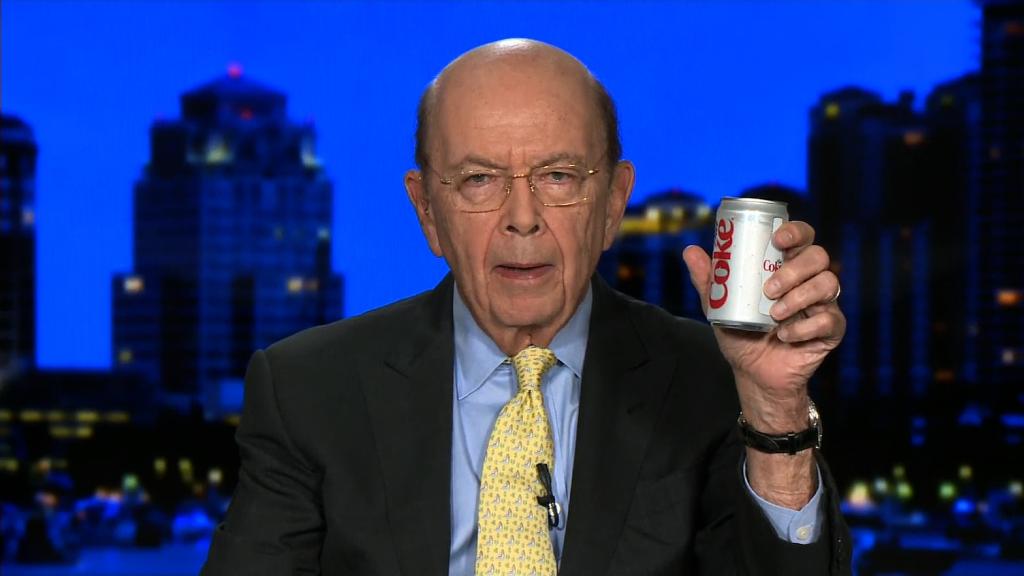
The people who like the sort of tariffs that President Donald Trump just proposed on steel and aluminum generally aren't the same folks who like him.
Who likes the kinds of tariffs that President Donald Trump has proposed on steel and aluminum? Usually it's groups that are pretty critical of the Trump administration.
For example, the United Steelworkers union and the AFL-CIO were among the strongest supporters of the proposal. Both unions opposed Trump during the election, and both have fought most of his administration's efforts, such as tax reform.
"For too long, our political leaders have talked about the problem, but have largely left enforcement of our trade laws up to the private sector," said the Steelworkers' statement. "This is not what hard-working Americans want from their government."
AFL-CIO president Richard Trumka echoed those sentiments. "We applaud the administration's efforts to fix this problem."
Related: Trump's tariff bombshell - Catch up here
Of course, many of the businesses that stand to benefit from tariffs on steel and aluminum are also backing Trump's proposal. The two trade groups -- the American Iron and Steel Institute and the Aluminum Association, both issued statements supporting a move against Chinese imports. But even the Aluminum Association has argued the tariffs should target China specifically, and not Canada or Western Europe, which Trump has indicated will be included.
But many other business groups and economists have criticized the tariffs, suggesting that they will raise costs for U.S. businesses and consumers and could spark retaliation from other trading partners.
But there are economists on the more liberal end of the spectrum defending the tariffs.
"I truly dislike the vast majority of things the Trump administration has done," said Josh Bivens, the director of research for the liberal think tank Economic Policy Institute, who wrote an column in the New York Times Monday defending the tariffs. "It's definitely very unusual for me to defend them."
Related: 'Trade wars are good?' Two words: Great Depression
Bivens argues that state-supported steel and aluminum plants in China create unfair competition to the U.S. industry and imposing these kinds of tariffs is a necessary first step to level the playing field.
"This is not a long-term fix," he says. "But this is a way to jumpstart that solution."
Even some Democratic politicians praised Trump's actions, including Senator Sherrod Brown of Ohio.
"This welcome action is long overdue for shuttered steel plants across Ohio and steelworkers who live in fear that their jobs will be the next victims of Chinese cheating," said Brown's statement. "If we fail to stand up for steel jobs today, China will come after other jobs up and down the supply chain tomorrow."
Senator Bernie Sanders promised to impose tariffs on China "until they stop dumping steel into the United States" during his 2016 presidential campaign, but his office declined to comment on Trump's tariff proposal.


